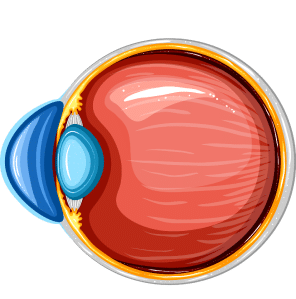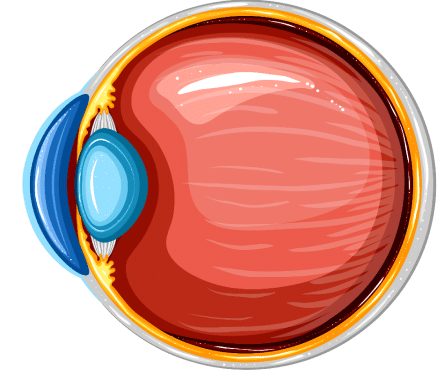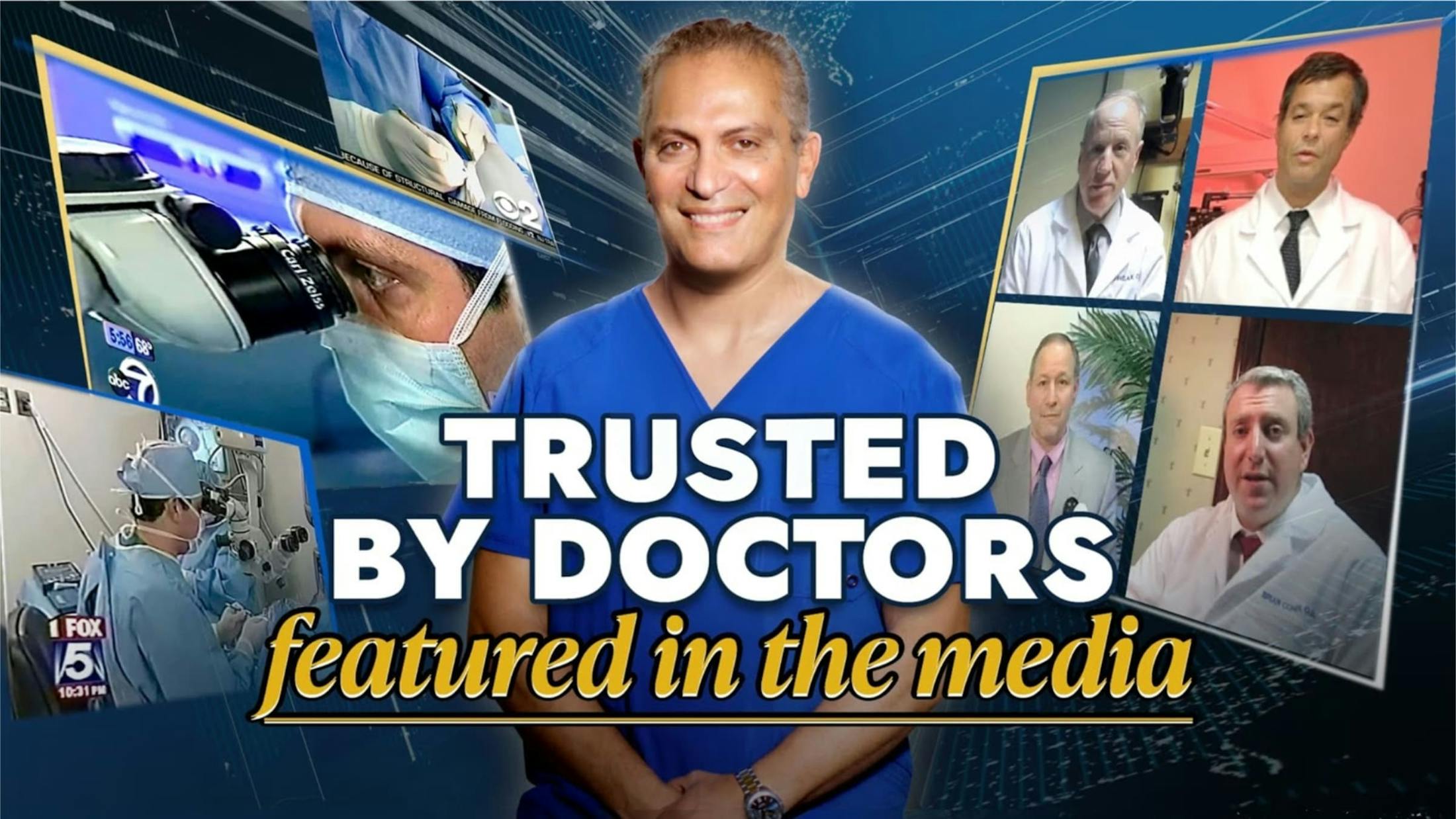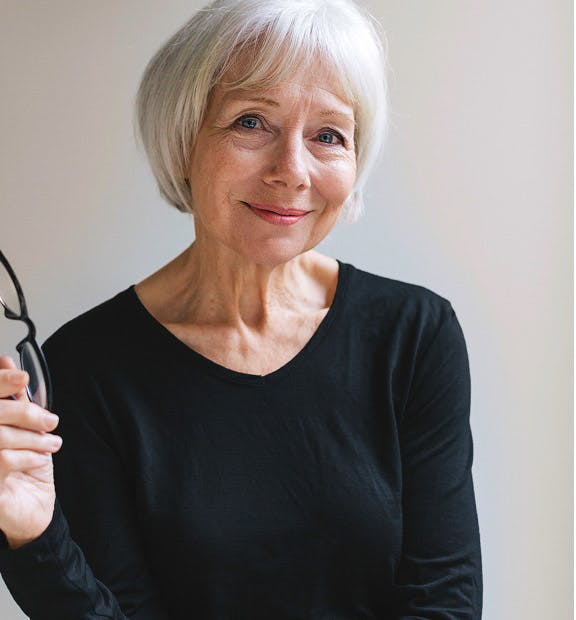Do you or your loved one have keratoconus? Stop progressive vision loss today with New York City's most doctor-recommended cornea specialist.
What is Keratoconus?
The cornea is the outermost clear layer of the eye and acts like a lens. Its shape should be round – similar to the surface of a basketball. Keratoconus results from the weakening of the internal collagen bonds within the cornea. This causes the cornea to take on a shape that is more similar to the tip of a football (cone-like). Kerato – means cornea and conus – means cone. Hence, keratoconus is a process that slowly turns the cornea into a cone-like shape. This leads to a significant distortion of vision and if allowed to progress could lead to a need for a corneal transplant.

















